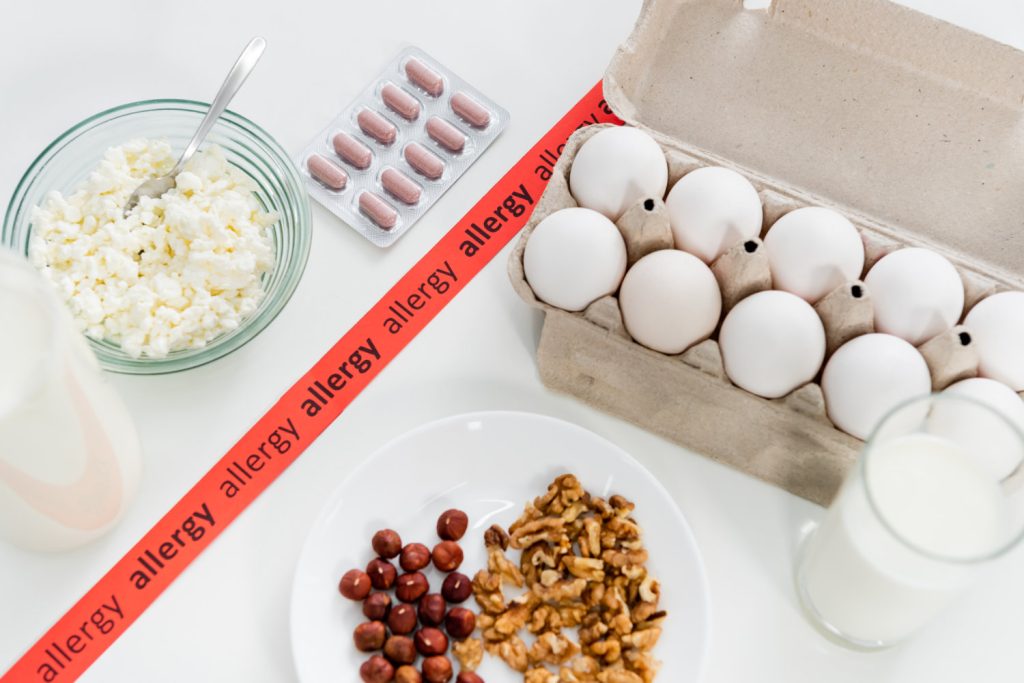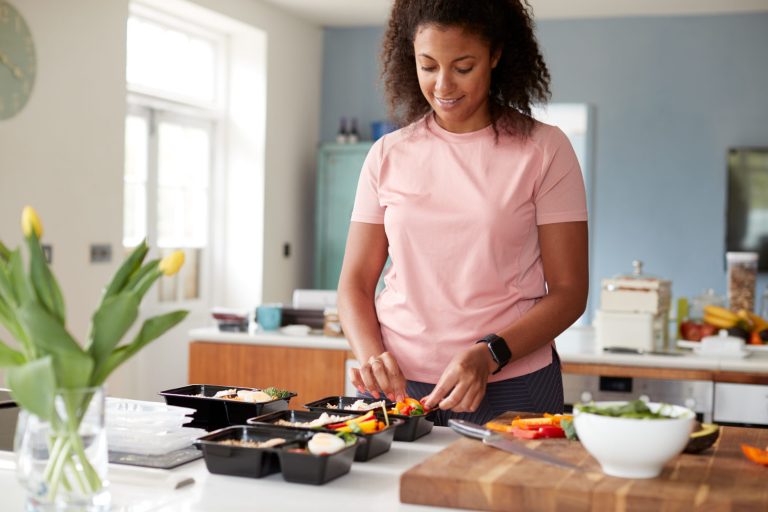Dates for Better Health and Safer Snacking
For the health conscious, dates are considered nature’s perfect snack food. They grow in bite sized pieces, they can be easily incorporated into countless recipes for entrees, deserts, and appetizers, they’re naturally sweet, and are loaded with potassium, fiber, protein, and natural sugars.
Dates, which grow on palm trees, are cultivated in the United States, primarily in the Coachella Valley of Southern California where more than 90% of U.S. date production takes place. In 2017, California produced 35,000 tons of dates from 9,900 acres: a crop valued at $98.8 million (“Noncitrus Fruits” NASS, 2018).
They’re not only versatile, but highly varied with a large number of varieties. Most American shoppers can readily access the Deglet Noor variety, which is widely available in supermarkets. Deglet Noors are small in size, often pitted, and are a semi-hard date which is suitable for cooking and baking.
Date afficionados however will go to considerable lengths to procure the Medjool – know as the king of dates. Medjools are often much larger than Deglet Noors and software with an amazing flavor.
There are dryer date varieties like Thoory, Dayri and Kway dates are well suited to baking in breads. Other dates are great snack foods such as Honey and Barhi. The Barhi is a small soft date that has a delightful flavor. When frozen they taste remarkably like caramels.
Dates other than Deglet Noors aren’t so easy to find in grocery stores, although Medjools do turn up on occasion. But there are numerous sources available online, and some date farms will sell small quantities direct to consumers. This allows you to experiment with more of the many varieties of dates available.




